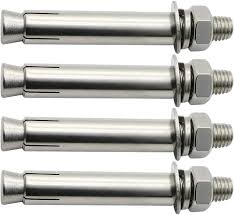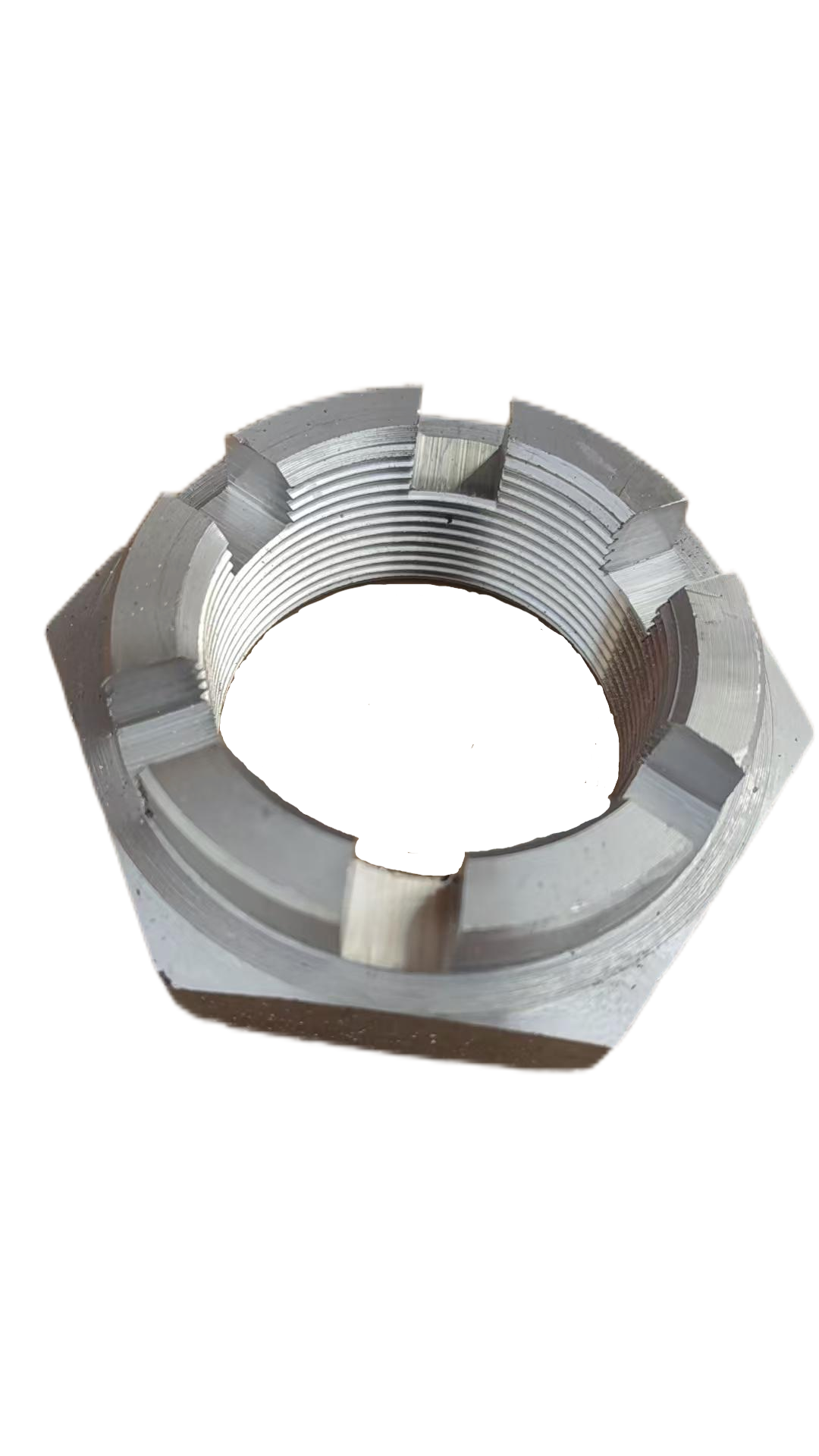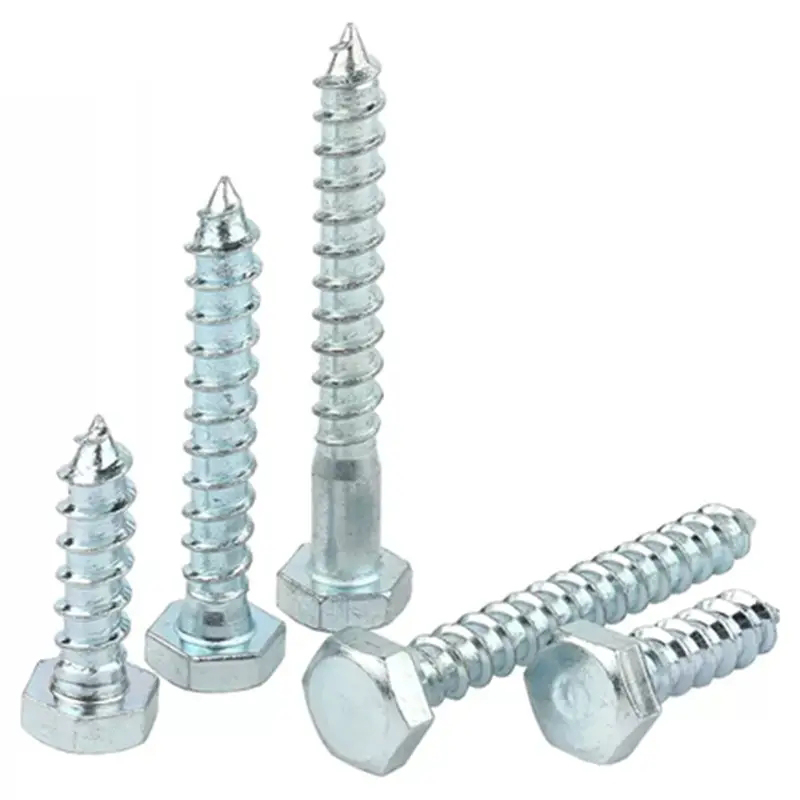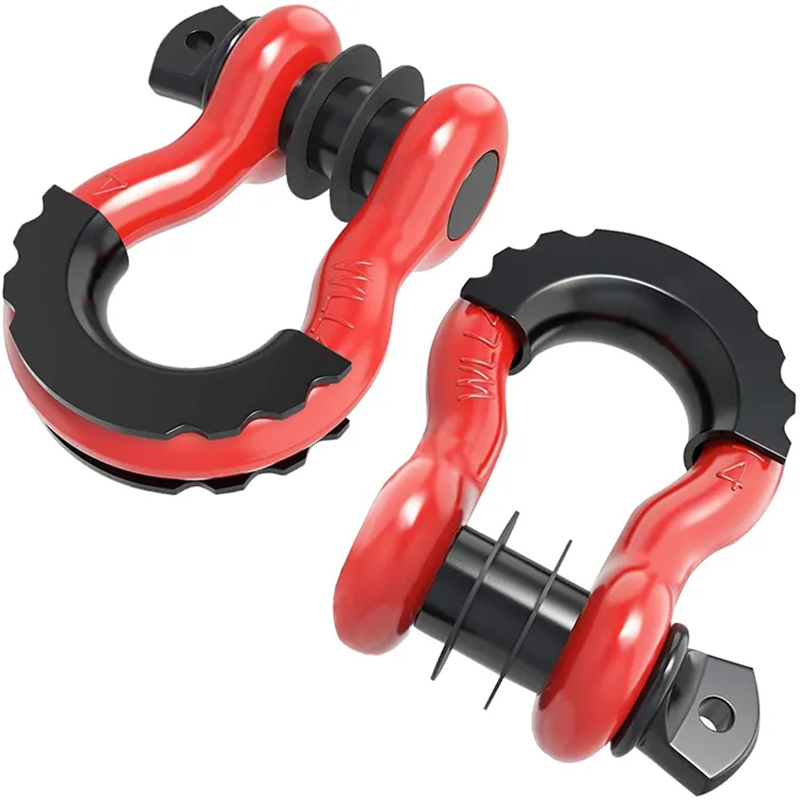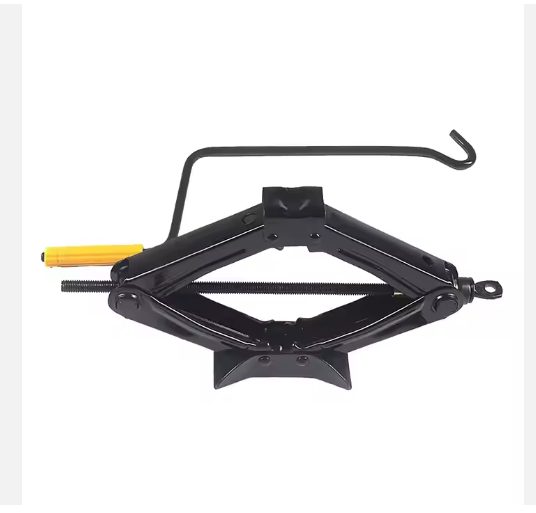

This comprehensive guide explores the world of hex flange bolts, covering their types, applications, material specifications, and selection criteria. We'll delve into the crucial factors to consider when choosing the right bolt for your project, ensuring both safety and performance. Learn how to identify different hex flange bolts and make informed decisions based on your specific needs.
A hex flange bolt is a type of fastener characterized by its hexagonal head and a built-in flange. The flange provides a larger bearing surface, distributing the clamping force over a wider area. This design enhances the bolt's holding power and prevents damage to the workpiece. Unlike standard bolts, the flange eliminates the need for washers in many applications. The hexagonal head allows for easy tightening and loosening using a wrench.
Hex flange bolts are manufactured from various materials, each offering unique properties:
The grade of a hex flange bolt indicates its tensile strength. Higher grades denote greater strength and are suitable for heavier loads. Always check the grade markings on the bolt to ensure it meets your project's requirements. Consult relevant standards (e.g., ISO, ASTM) for detailed specifications.
Different finishes offer varying levels of corrosion protection and aesthetic appeal:
Selecting the appropriate hex flange bolt involves considering several factors:
Hex flange bolts find widespread use in various industries and applications, including:
Here's a comparison table highlighting the differences between hex flange bolts and other fasteners:
| Feature | Hex Flange Bolt | Hex Bolt (without flange) | Machine Screw |
|---|---|---|---|
| Head Type | Hexagonal with Flange | Hexagonal | Various (e.g., Pan, Flat, Oval) |
| Washer Required | Often not required | Usually required | Usually required |
| Bearing Surface | Larger due to flange | Smaller | Smaller |
| Typical Applications | Structural applications, heavy loads | General fastening | Smaller components, lighter loads |
For high-quality hex flange bolts and other fasteners, explore the extensive selection available at Hebei Dewell Metal Products Co., LTD. They offer a wide range of materials, grades, and finishes to meet diverse project needs.
Remember to always consult relevant engineering standards and safety guidelines when selecting and installing fasteners.

